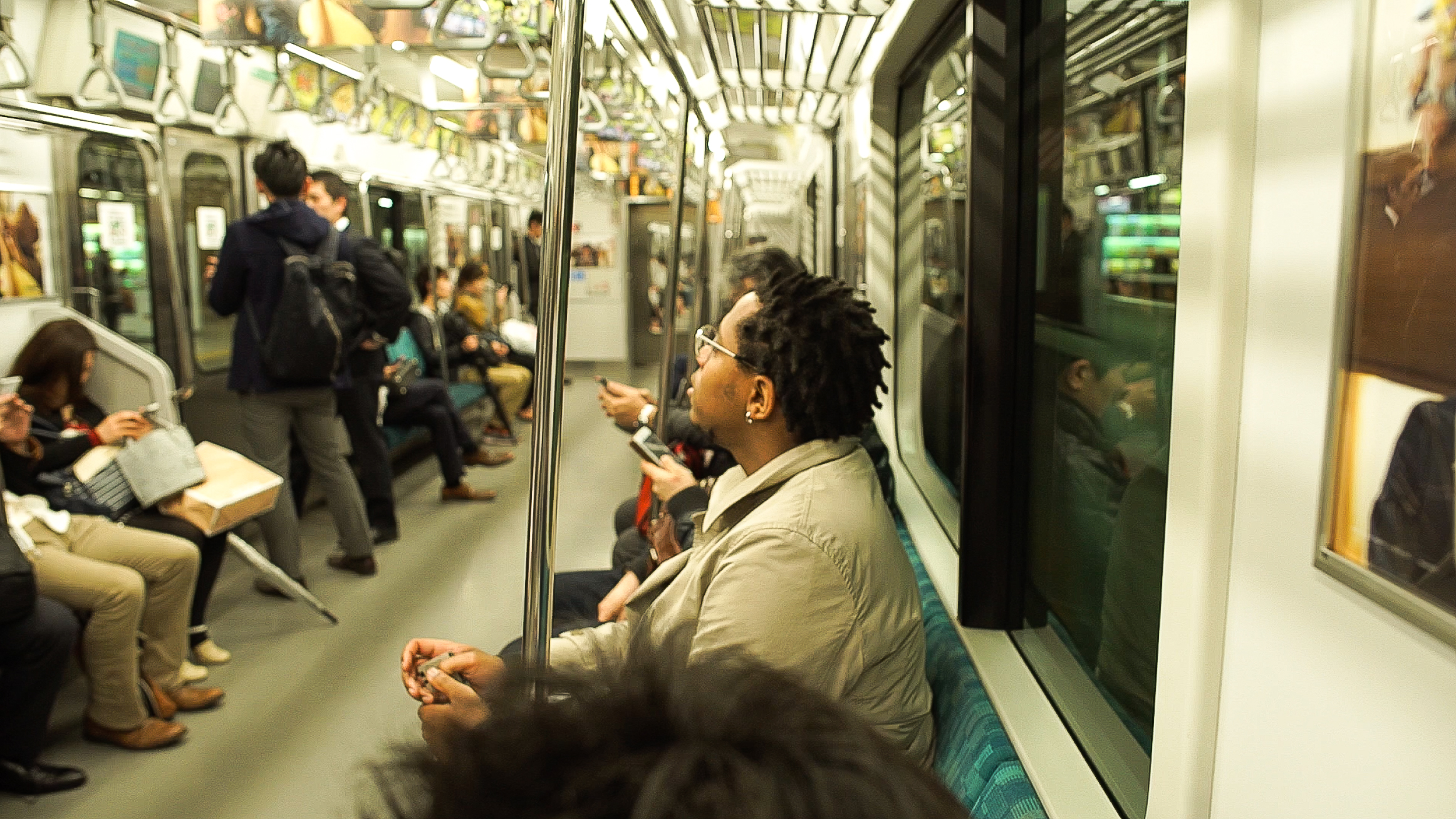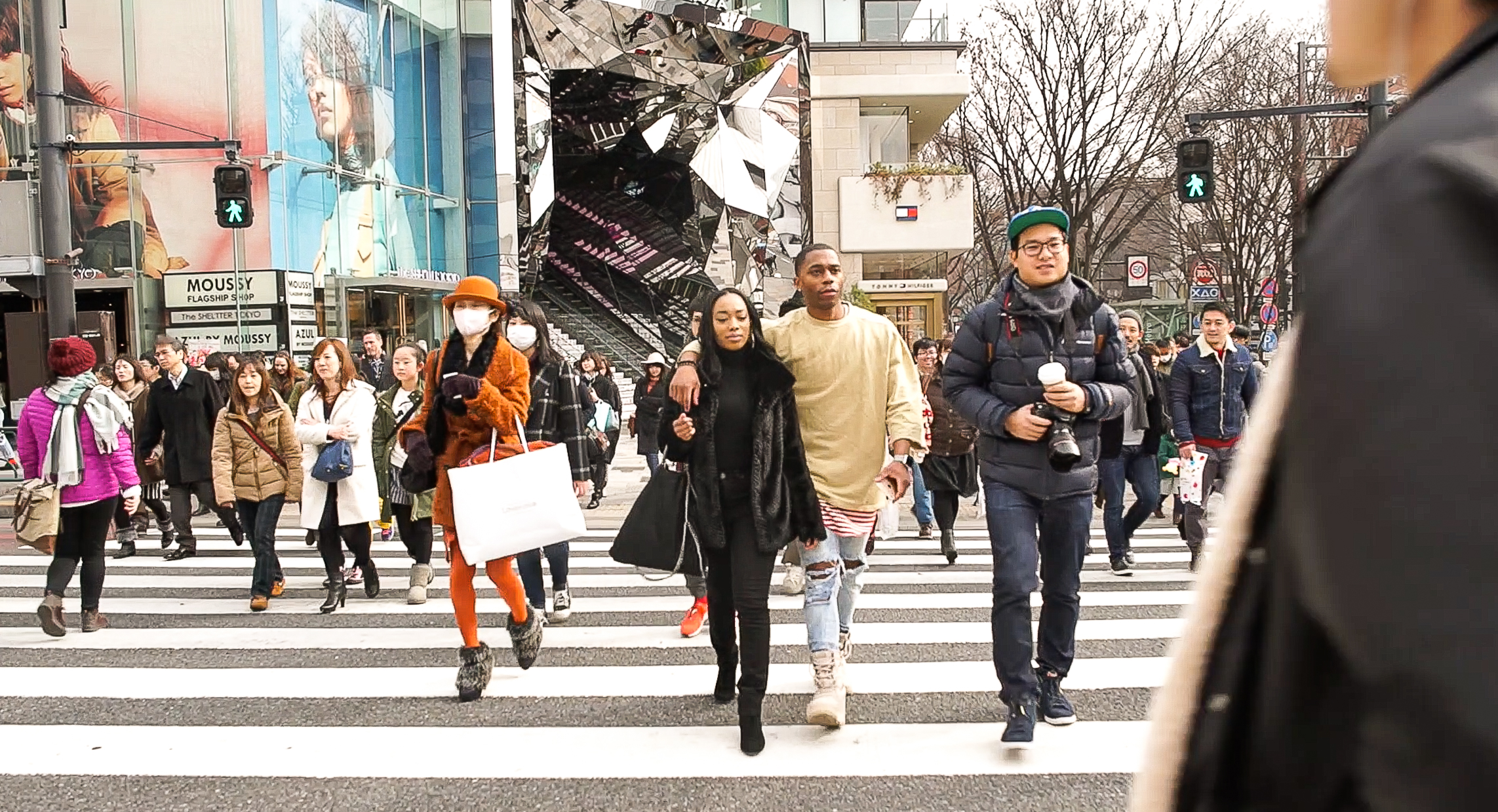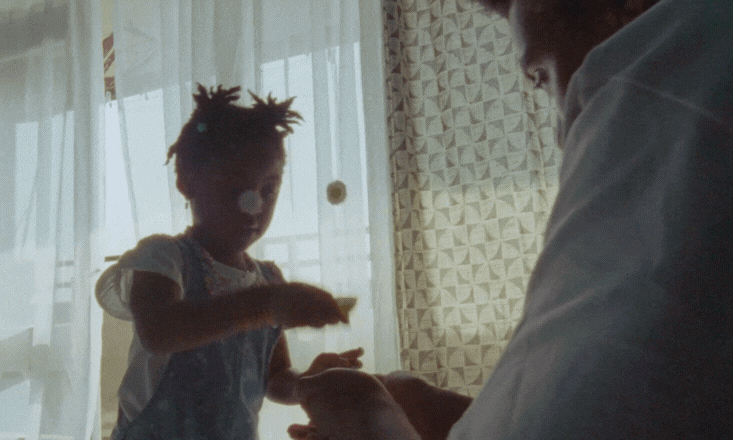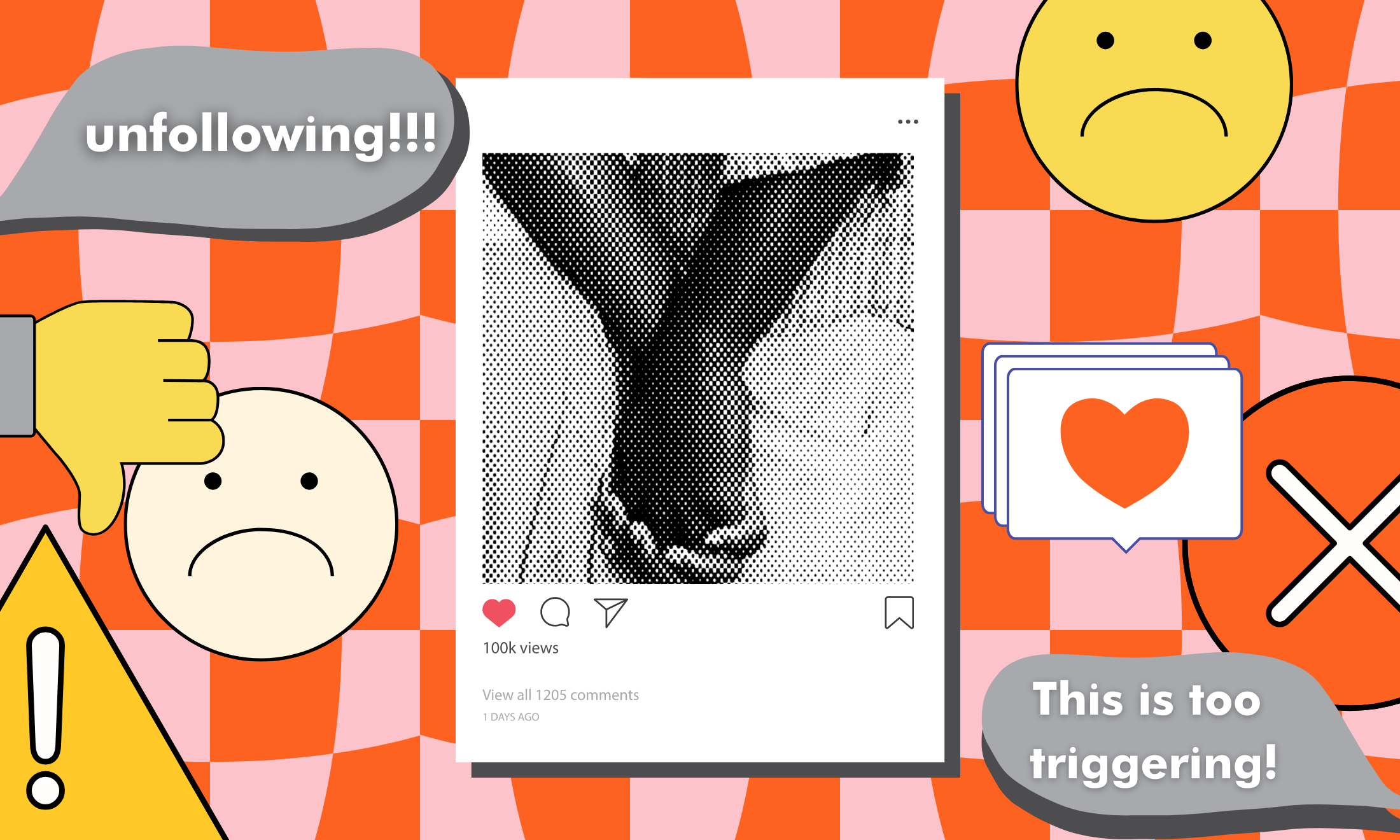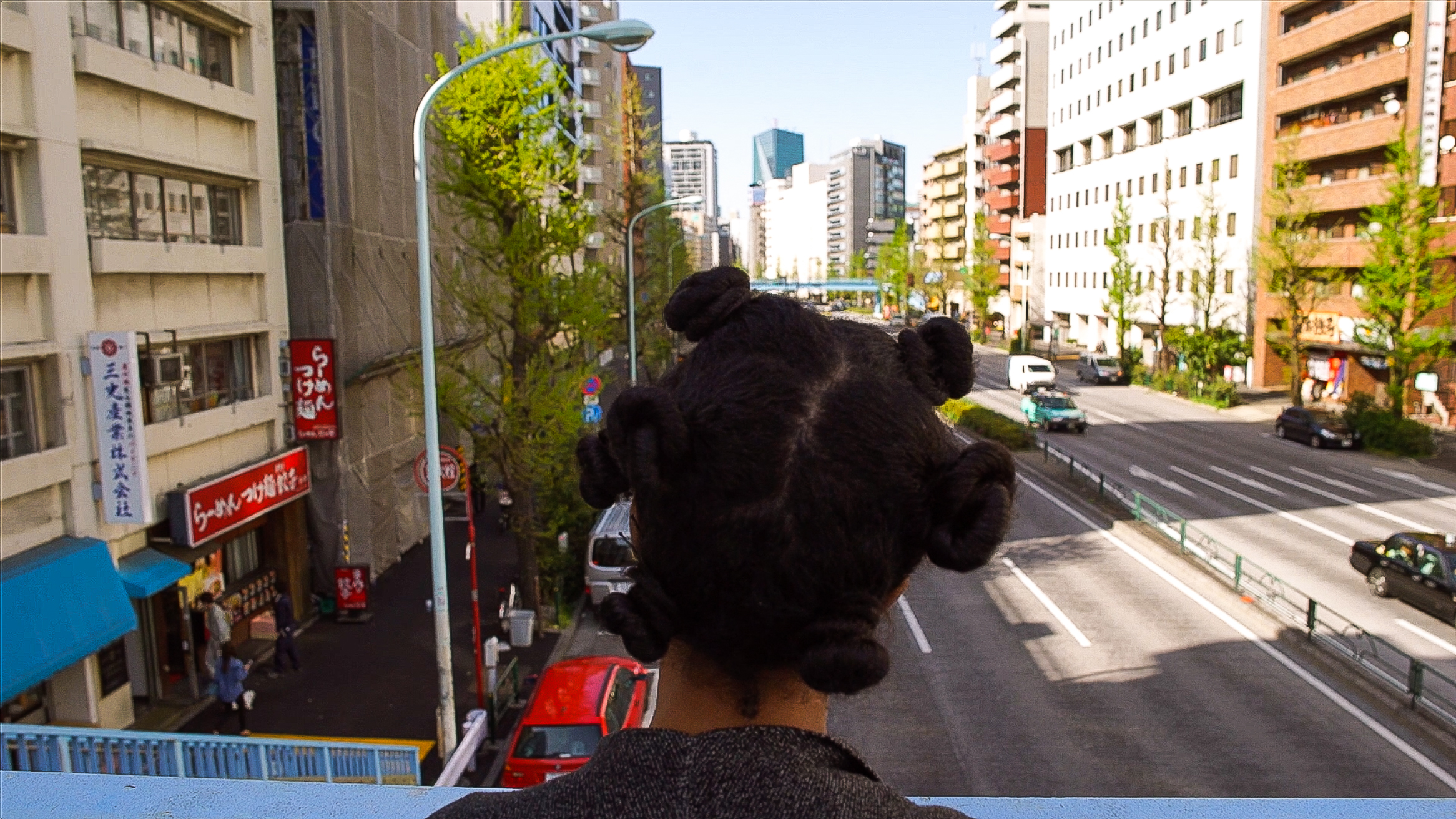
Black in Tokyo is a short documentary that was created with the intention of exposing people around the world to the black foreign experience of living in a homogenous country. In its 10 minutes, it examines the dichotomy between the preservation of personal customs while adopting Japanese traditions.
This documentary nails its case for representation and inclusivity. Nigerian-American artist, Amarachi Nwosu, who directed the film, has made this insightful and affectionate portrait following five subjects, with origins ranging from West Africa to the U.S; narrating the different cultural challenges and opportunities of living in Tokyo as a black person.
We meet Lee Marshal, originally from Ghana and the owner of Room 806, one of the first black hair salons in Tokyo, Japan. We’re also introduced to Americans, Trice and Will McCrory, and Antarius Reynolds, as well as artist and model, Emel Ahmed who is originally from Ethiopia. The film tells their stories through interviews, footage of their day-to-day lives and picturesque shots of the city; taking the viewer on a visual and narrative journey through Tokyo.
Something that particularly stands out from the onset is the discussion about absorbing and interacting with foreign culture. The film tackles the issue of black stereotypes and the feeling of alienation experienced but also bearing in mind the importance of making the effort to integrate into the society you’ve chosen to live in. Whether that’s local language proficiency or just social interaction.
Speaking with Amarachi Nwosu, she tells us more:
What led you to create this project?
I didn’t see any unique or inspiring stories or films on black travellers in Asia when doing research. So I wanted to fill that gap and create something that could connect to people of all walks of life and show them the value of getting outside their comfort zone. The goal was to directly allow people to see that despite their race, religion or background that they too can travel to a foreign country and still embody the best version of themselves. I realise a lot of people are scared to travel so I want to be a part of letting people see the beauty that comes from taking risks.
What do you hope the audience takes away from watching Black In Tokyo?
There are a lot of different messages in this film, and thus no singular takeaway, but the strongest message might be to be open, take risks, and have ownership over your story and yourself. If we [black people] do not create our own representations, it is easier for other people represent us incorrectly. That is why we must take control of our own narrative and give back to our own communities.
This is also why I started the platform Melanin Unscripted – as a way to dismantle stereotypes and blur racial lines by exposing complex identities and cultures instead of the one-dimensional narratives often reproduced in mainstream media. The idea is to inspire people to pursue their passions regardless of their background, by sharing stories of people who are pushing the culture, and paving the way for the next generation of young people.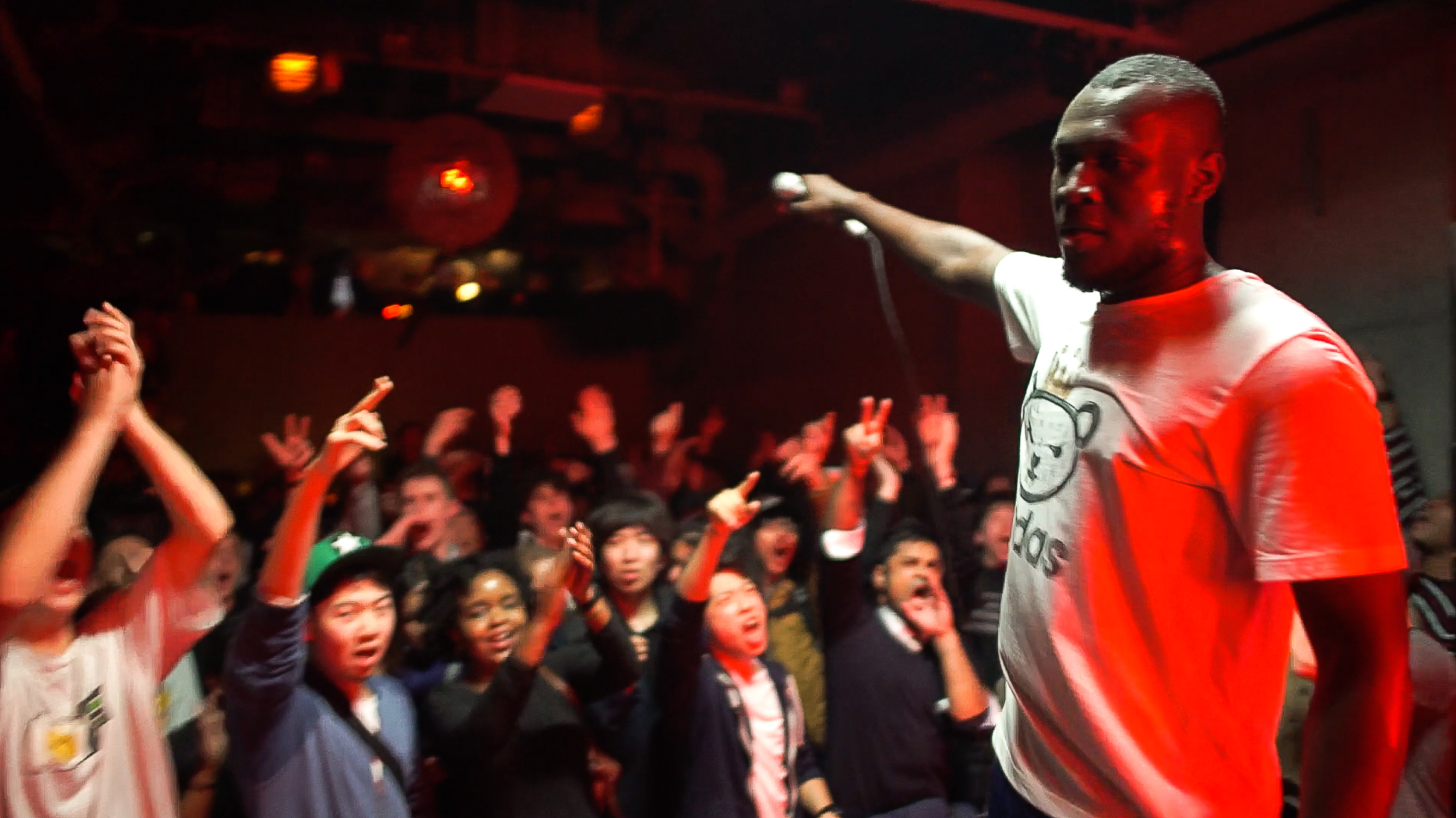
How did you choose the contributors who were going to feature in the documentary?
Four out of five of the participants were my friends, two of whom I went to school with. The other two I found via Instagram when doing research on the Japanese youth culture scene. Lee was the only participant that was referred by one of the producers who assisted me on the project – they had got their hair cut at his barber shop.
“We must take control of our own narrative and give back to our own communities”
As black culture is often simplified, I really wanted to have a diverse cast of different backgrounds to expose just how complex black culture and identity is, and thought that these subjects were the perfect characters to do so. How, if at all, did you being a woman of colour influence the making of Black In Tokyo?
How, if at all, did you being a woman of colour influence the making of Black In Tokyo?
I think as a black woman growing up in America, I was often very frustrated with representations that I saw of other women who looked like me. From early age I understood that there were not enough black women behind the scenes and therefore not enough diverse representations in front of the screen. This fostered a passion in me to be the change I wanted to see, and so my identity has definitely shaped my outlook and approach to creating content.
Black in Tokyo premiered at the International Center of Photography in NYC on Thursday 16 November, 2017. It is a documentary that manages to dissect and shed light on a topical issue, in a relatable way. This is an inspiring doc for young filmmakers looking to create content that centres black people from a black perspective.
Watch the documentary below.

